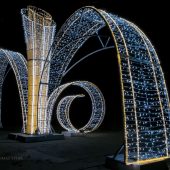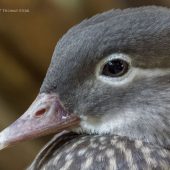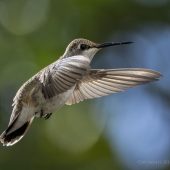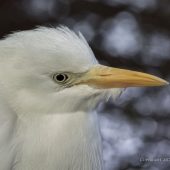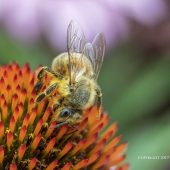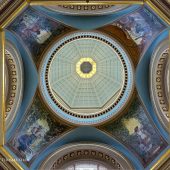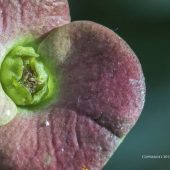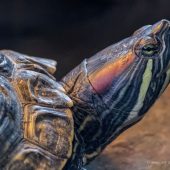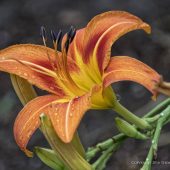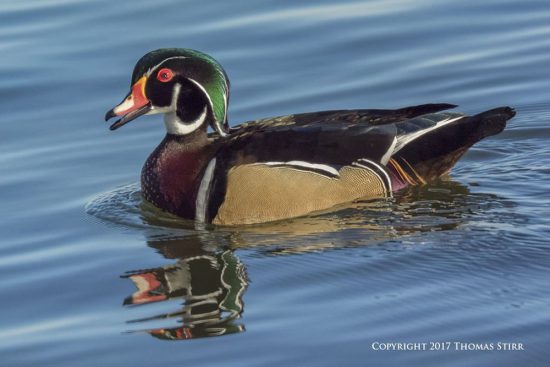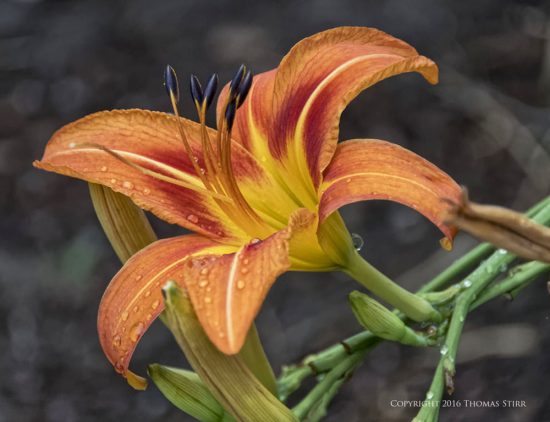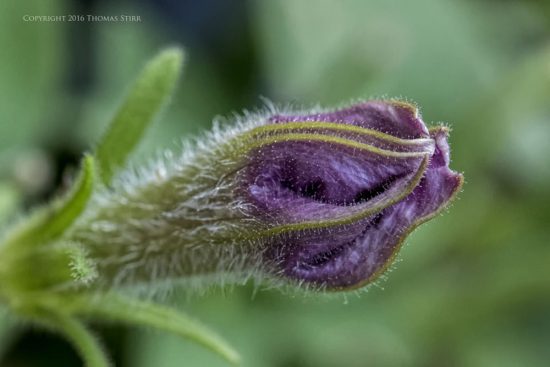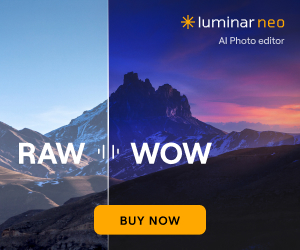Nikon 1 – the little camera that could by Thomas Stirr (check out also his ebook with the same title):
After using Nikon APS-C and full frame DSLRs in the past, I’ve been using the Nikon 1 system exclusively for my client video business and for my still photography needs for the past two and a half years.
While many people are assuming the worst, no official announcement regarding the future of Nikon 1 has been made by Nikon. I regularly hear from other Nikon 1 owners who enjoy their cameras and are planning to continue shooting with them in the years to come, even if the system is eventually discontinued by Nikon.
As an owner of Nikon DSLRs, I was certainly spoiled by the dynamic range and colour depth of the sensors in those cameras. My D800 was a superb camera that I could point at just about anything and know I’d get a good quality image for my clients. Through a couple of years of experimentation I discovered that the Nikon 1 system best met my needs, so I sold my D800 and all of my FX Nikkor glass in the summer of 2015, and have never regretted that decision.
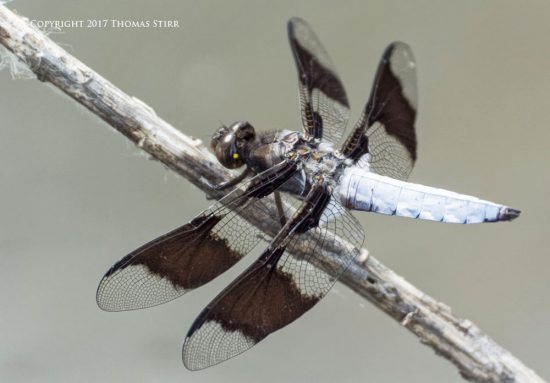
Even though I shoot with Nikon 1 exclusively I don’t consider myself a ‘fan-boy’. I know that the Nikon 1 system has many warts, and I understand those shortcomings as well as anyone.
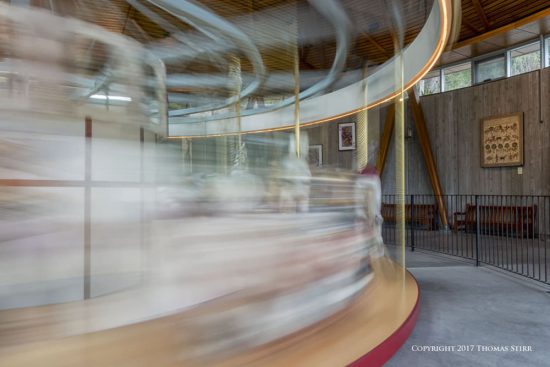
The intent of this article is to share some photographs covering a range of subject matter, all of which were captured with Nikon 1 gear. Hopefully this will help demonstrate some of the system’s capability, in spite of those bedeviled, 1” CX sensors
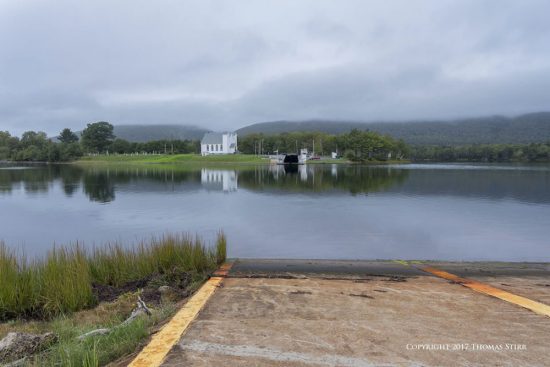
Obviously the sensor performance of Nikon full frame cameras blows Nikon 1 units out of the water. It is interesting that the dynamic range of the J5 (as measured in DxO tests) is on par or better than some Canon cameras like the 760D and 6D Mark II.
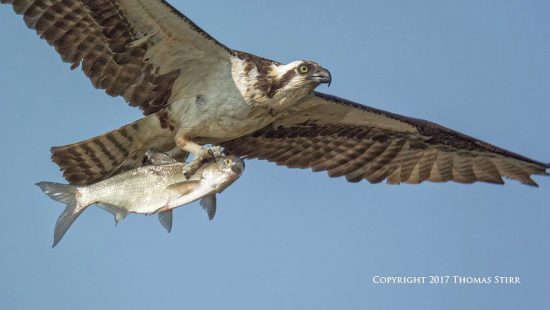
Some photographers have recognized that a V-Series Nikon 1 body, coupled with the CX 70-300mm f/4.5-5.6 zoom, is quite a good birding kit especially in good light. Shooting in continuous auto-focus at up to 20fps, and up to 60fps with the first frame locking focus in full resolution, has been a Nikon 1 capability enjoyed by many users. The osprey image above was captured with a Nikon 1 V3, f/5.6, 1/2000, ISO-250, 272mm, efov 734mm.
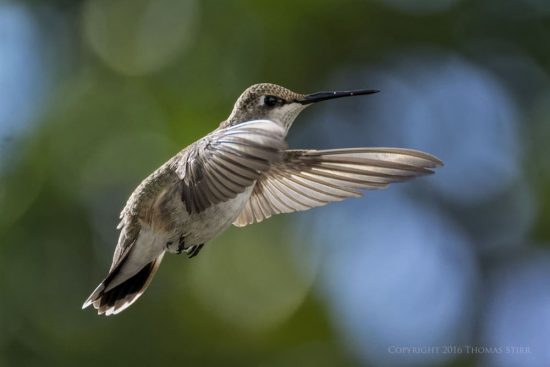
The hummingbird above was captured with a Nikon 1 V2, f/5.6, 1/5000, ISO-1600, 300mm, efov 810mm.
The V-Series/CX 70-300mm combination also works well when capturing perched, static or captive bird specimen. The duck photograph below was shot with a V3, f/5.6, 1/50, ISO-3200, 300mm, efov 810mm.
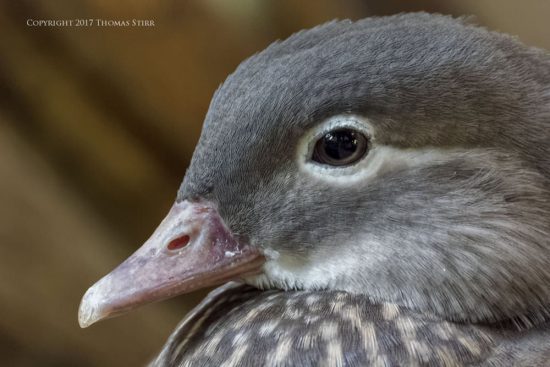
The egret image was also captured with a V3, f/5.6, 1/250, ISO-3200, 212mm, efov 572mm.
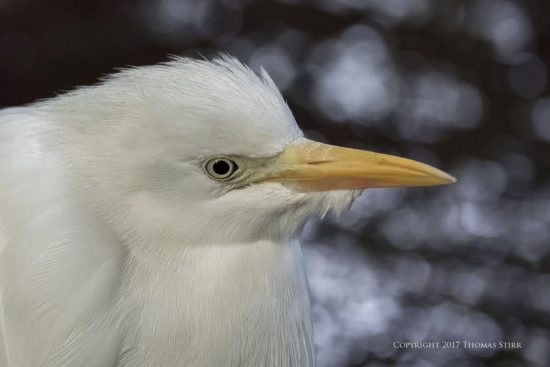
Since the Nikon 1 system does not have a native macro lens, many owners use their macro lenses by way of the Nikon 1 FT-1 adapter. I tried this in the past with a Nikkor 105mm f/2.8 micro lens and never liked that combination. I much prefer using Nikon 1 gear with extension tubes. Here are a few images of a bee (V3), a butterfly (J5) and a flower (J5) all captured using extension tubes.
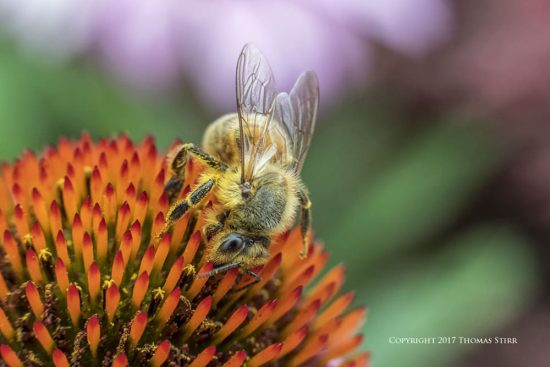
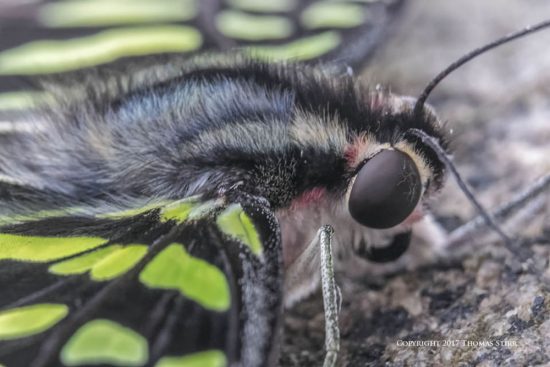
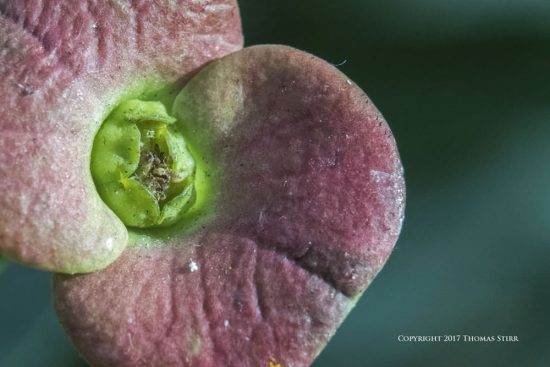
One of the shortcomings of the Nikon 1 system is low light performance, and given its small sensor this is understandable. I’ve found shooting in RAW and using software with a good noise reduction function helps quite a bit. I regularly shoot my Nikon 1 gear at ISO-3200 without any hesitation. The first two images that follow were captured at ISO-3200, the third one was at ISO-4500.
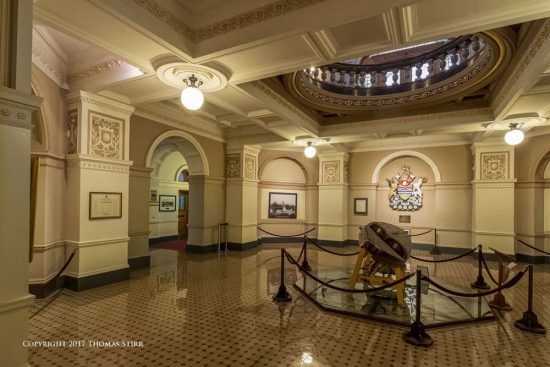
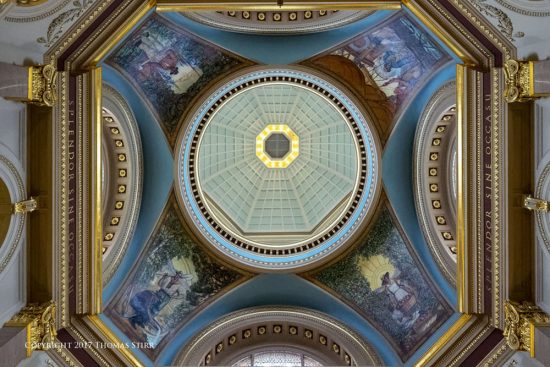
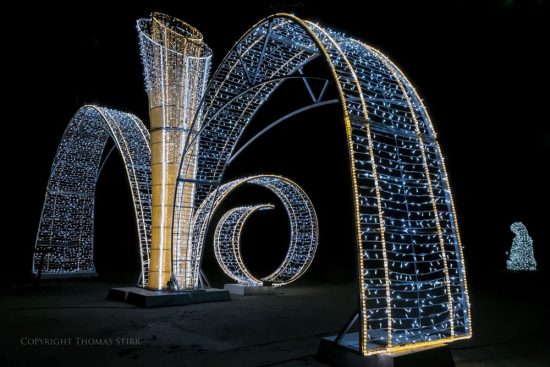
In a pinch I’ve also shot at ISO-6400, often with certain subject matter like captive birds or reptiles like the turtle below.
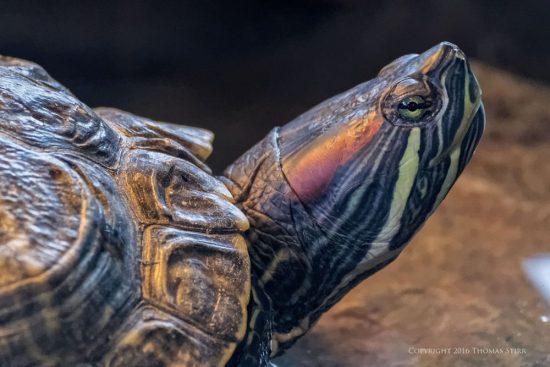
On very rare occasions I’ve pushed this to ISO-12800. These photographs, like the snake below, tend to be more of an experiment than anything else.
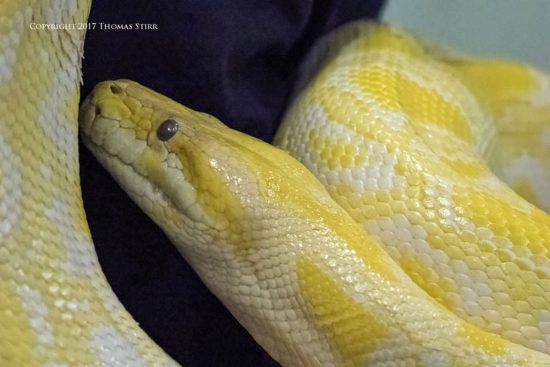
I’ve found that Nikon 1 equipment can do a pretty decent job with flower photography.
It also has become my trusted companion as a travel photography system. I travel with a pair of J5’s, fitted with the 6.7-13mm f/3.5-5.6 and 10-100mm f/4-5.6 zoom lenses. These give me an equivalent field-of-view of 18mm to 270mm. The third Nikon 1 body I use for travel is a V3 with the CX 70-300mm f/4.5-5.6 zoom. This adds an equivalent field-of-view of 189mm-810mm to my kit.
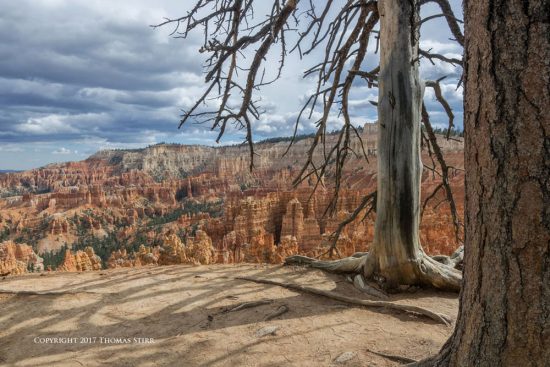
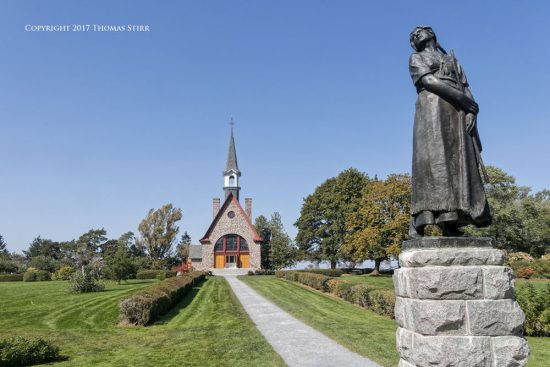
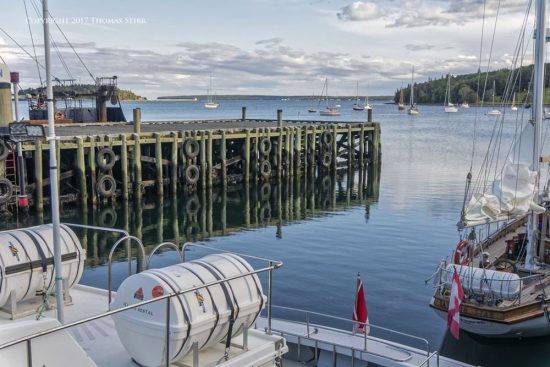
Depending on the destination and the purpose of my travel I’ll sometimes pack the 30-110mm zoom with a set of extension tubes for close-up photography, as well as the 18.5mm f/1.8 and 32mm f/1.2 primes for low light situations, or for occasions when I’d like more shallow depth-of-field.
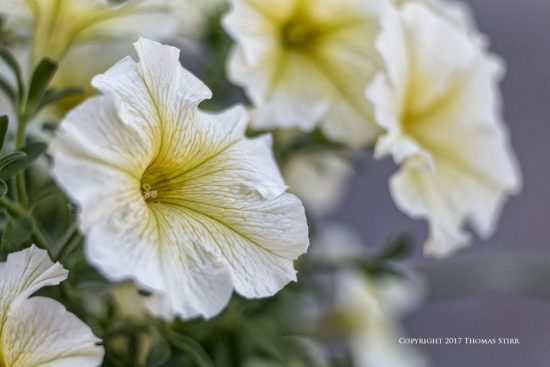
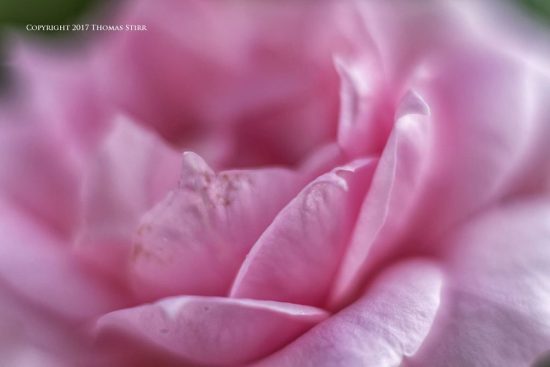
It’s unclear what the future holds for the Nikon 1 system as no official announcement has been made by Nikon. Like many other Nikon 1 owners I plan on using my Nikon 1 gear for many years to come. Despite its warts, I haven’t found anything else that meets my needs as well as does the Nikon 1 system.
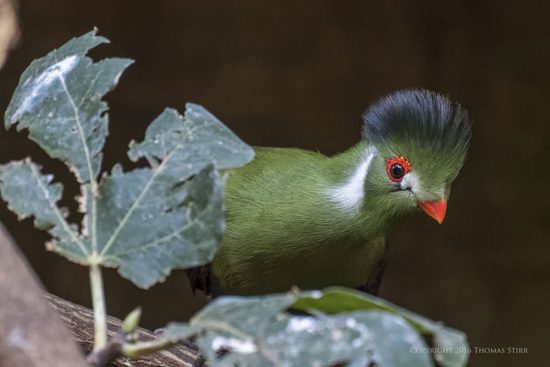
My experiences with the Nikon 1 system are chronicled in an eBook I recently published, The Little Camera That Could. It is available on my web site: http://tomstirrphotography.com/nikon-1-ebook.
All of the photographs in this article were captured hand-held using Nikon 1 gear. Images were produced from RAW files using my standard process of DxO OpticsPro, CS6 and the Nik Collection.
Article Copyright 2017, all images Copyright 2015-2017 Thomas Stirr. All rights reserved. No use, adaptation or reproduction is allowed without written consent. Nikon Rumors is the only approved user of this article. If you see it reproduced anywhere else it is an unauthorized and illegal use.
If you have an interesting idea for a guest post, you can contact me here.
